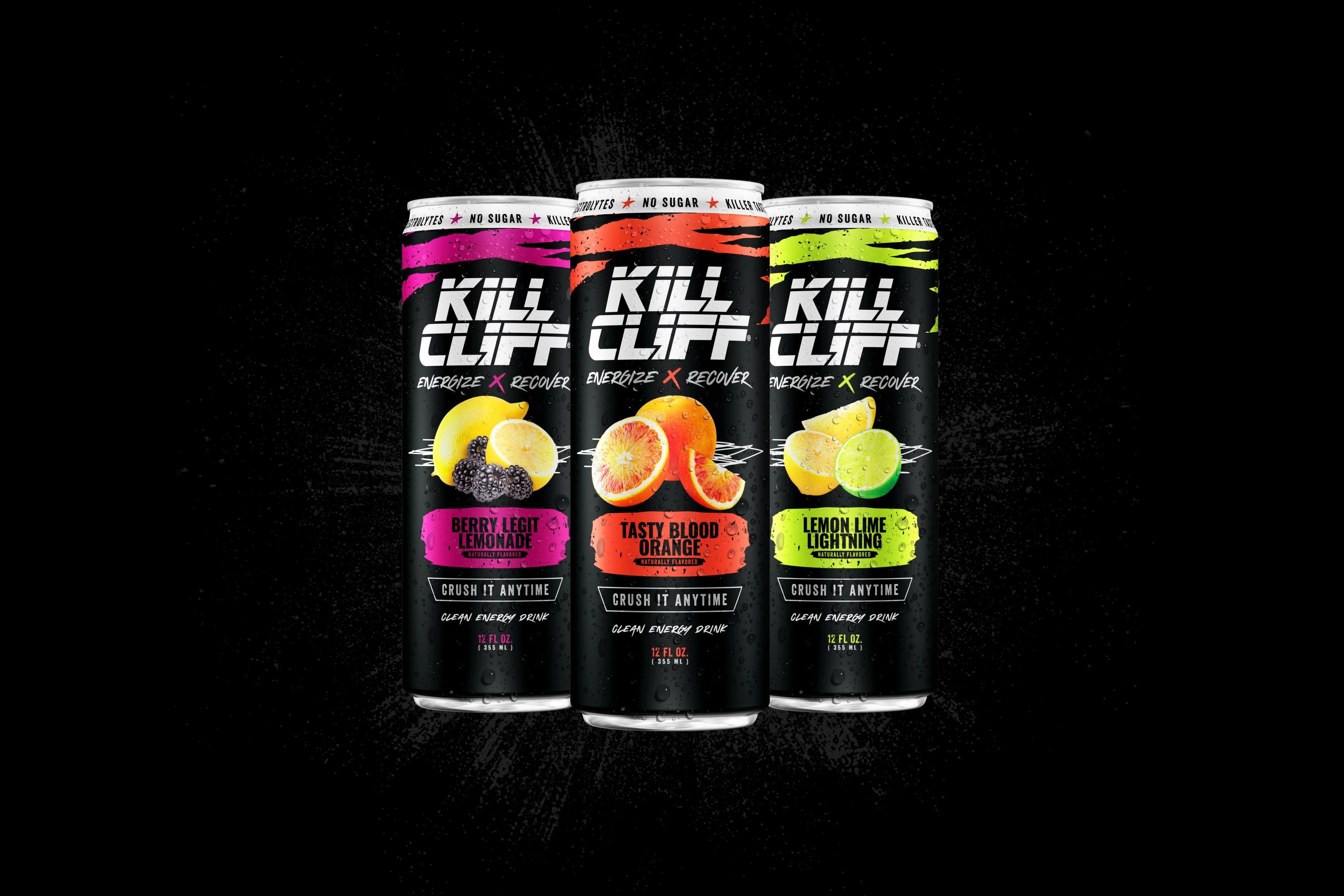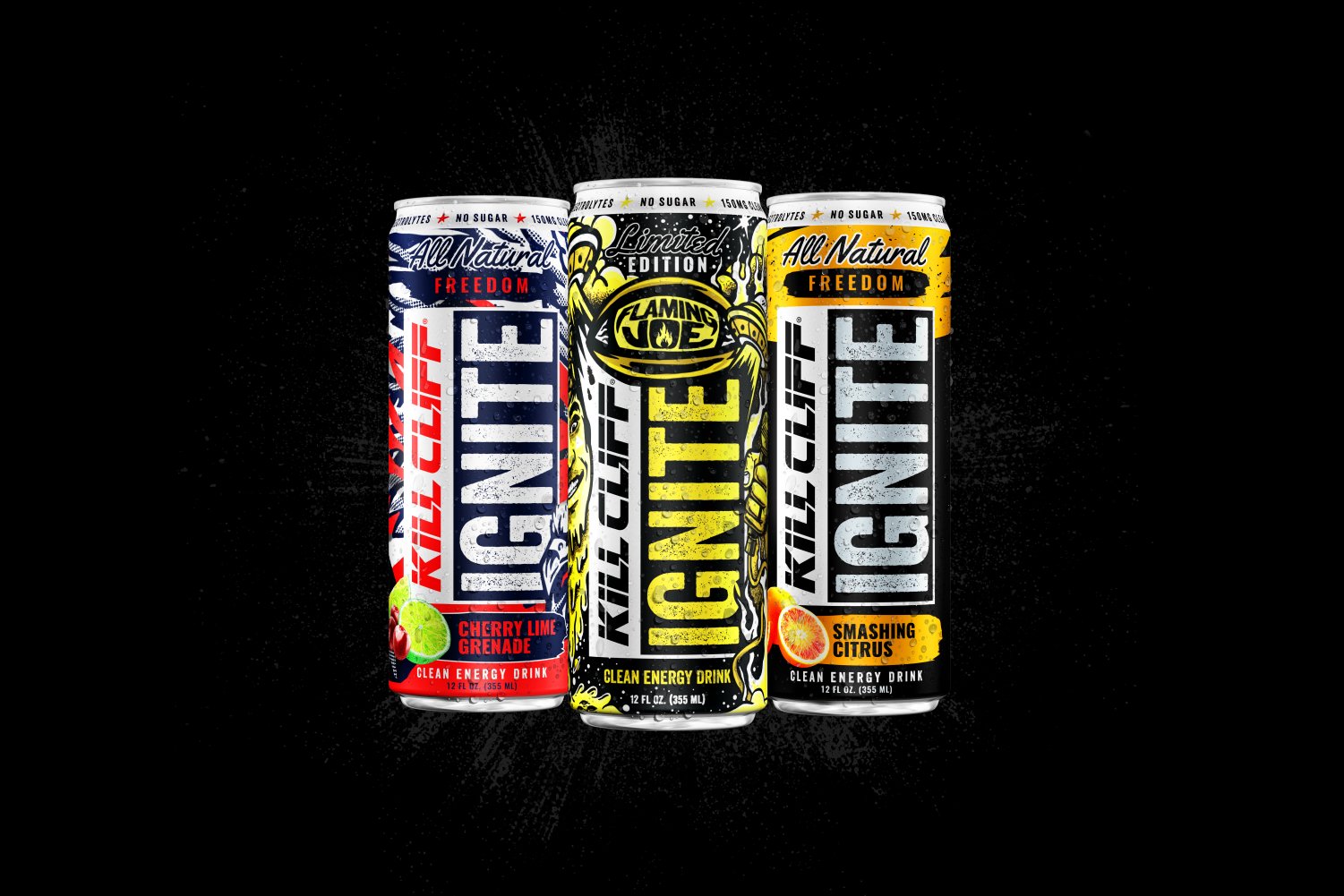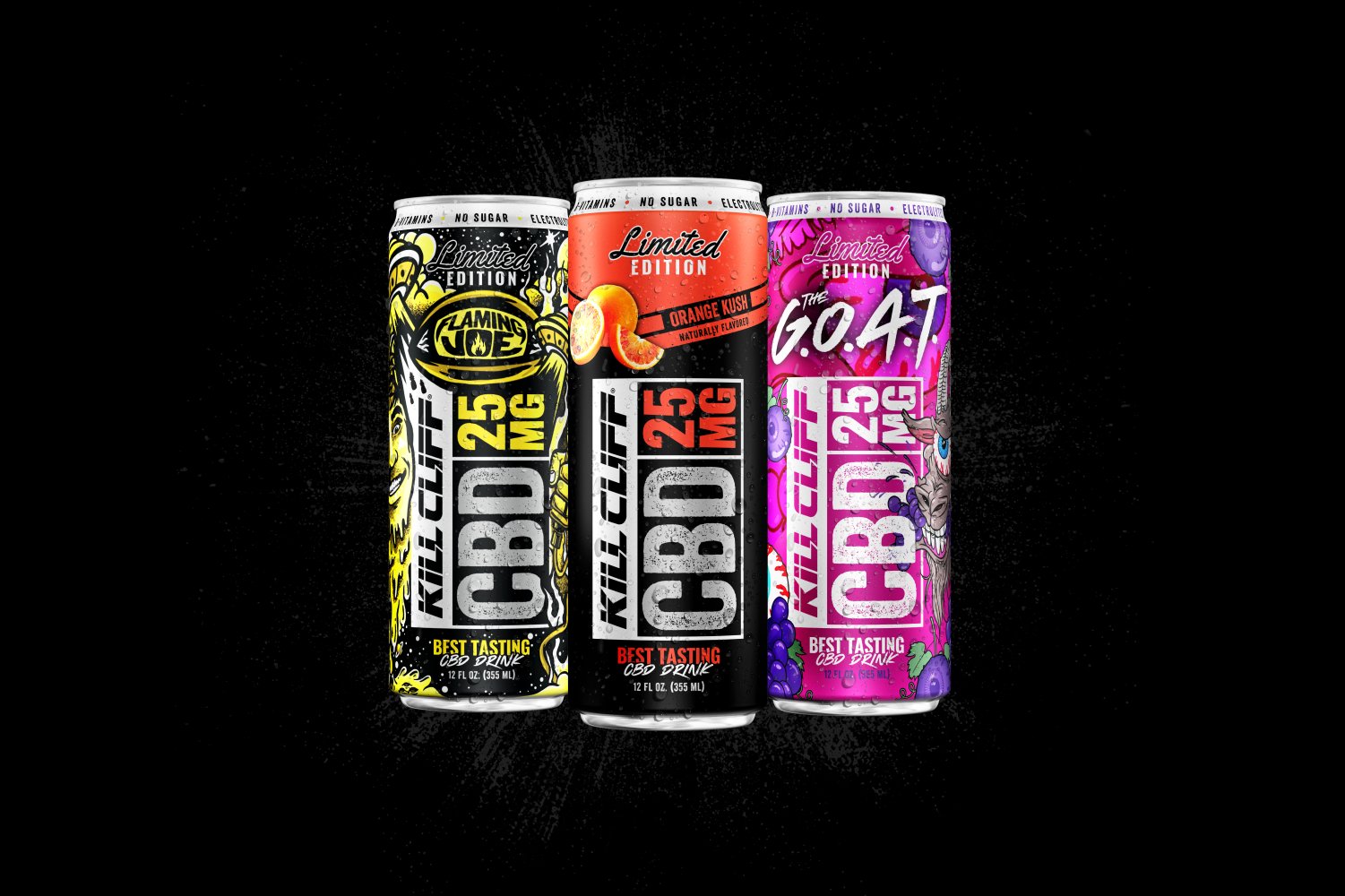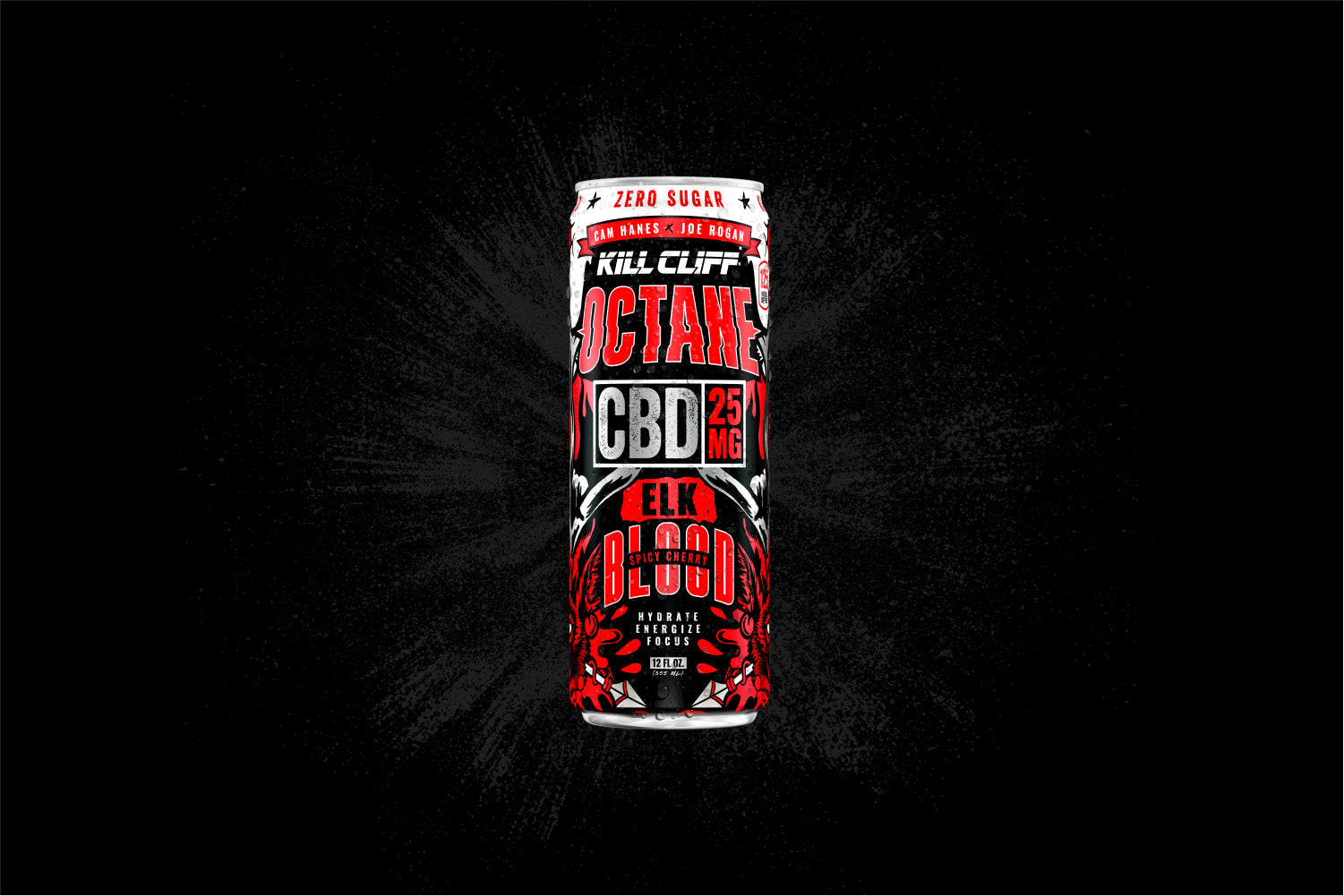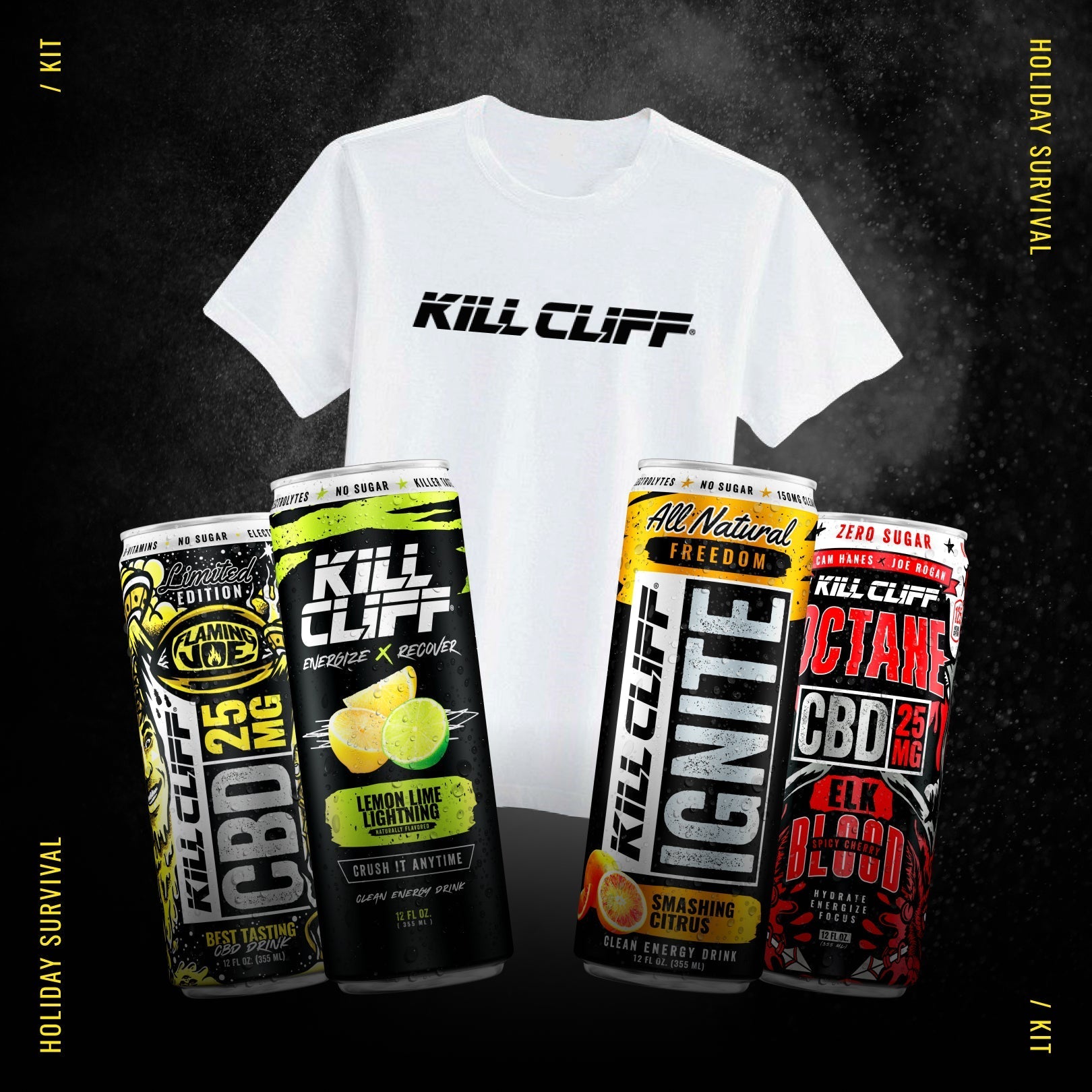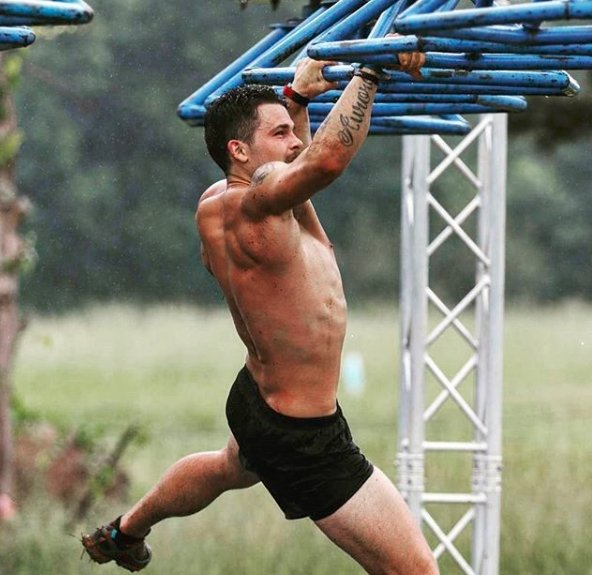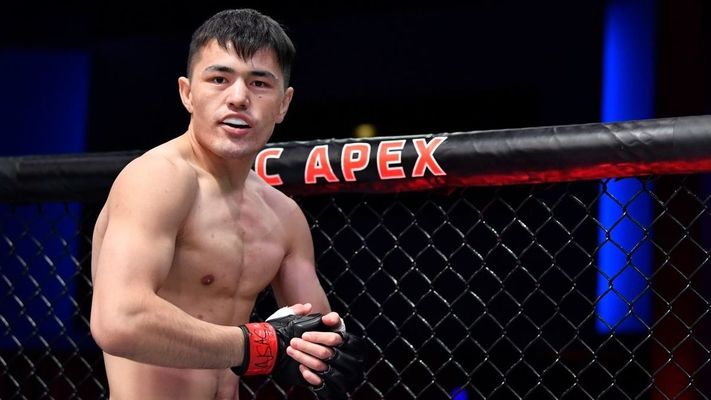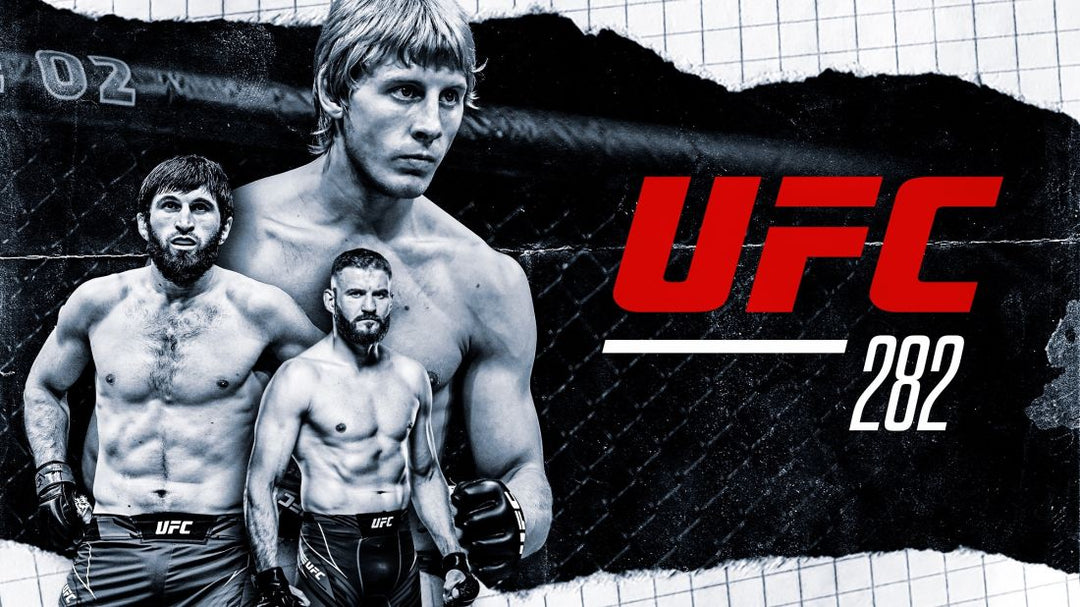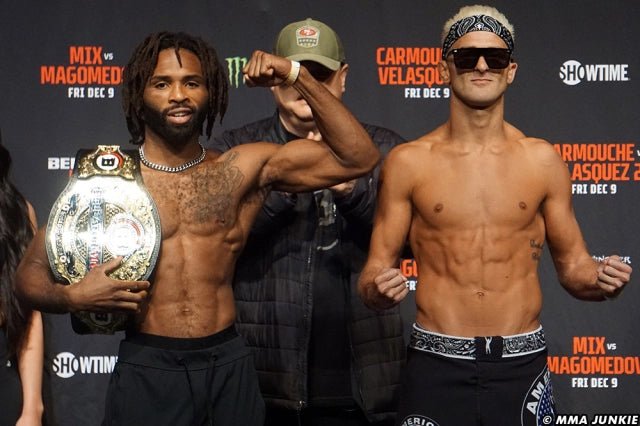Sean Clayton knows as well as anyone that transitioning out of the military is rarely a smooth movement. With unhealthy vices filling the void left by his military service, he knew he needed to turn his life around. Looking for something else to dedicate his time to, he found obstacle course racing and hasn't looked back since.
Read the rest of his story below and make sure to give him a follow on Instagram (@seanaclayton)!
KC: Did you always envision yourself in the army as a kid? Or was that a decision you made later on in life?
SC: I did. When I was younger I always wanted to be a SEAL. That was my childhood goal. When I turned 17 that didn’t change. I never became a SEAL, but I did accomplish the goal of joining the military.
KC: With any military service being an incredible learning experience, what would you say were some of the biggest things you learned during your service?
SC: The comradery is what I miss the most for sure. It taught me a lot about the value of close friendships. In Afghanistan, the only thing you really have is the guy next to you. Everyone has the same goal for the most part; you live together, eat together, work together and there are no outside distractions. American culture just doesn't allow for those types of close friendships because everyone has different things going on. Our families are here, we have different jobs, we are just a lot busier so there just isn't time for close friendships like that where your life could very well be depending on the person next to you.
KC: How was your transition out of service?
SC: It's hard, really hard honestly. Coming back from combat will forever change you. I was excited to get back to my wife, but it was a struggle getting back into regular work life. I was drinking and using drugs heavily to try to deal with everything when I got back. I got saved in 2009 and that was really when I let go of drinking and drugs. I knew life had to change. My family was worried, and I had to change my ways. I haven’t looked back since.
KC: How easily did you pick up OCR activities? Was it something you had any experience with previously in life
SC: Growing up I played soccer and ran cross country, but I never really trained hard. I was good, but I wasn’t the guy going to the gym putting in the extra hours. When I got out of the military, I wasn’t doing any sort of training. In 2012, I had a manager at work that talked about how he ran marathons. It sounded hard and I challenged myself to do it. I found the Spartan Beast race, a 13-mile OCR. I decided to run it and came in 1400th place. I didn’t even know there were placements. I’m pretty competitive and knew I could do better.
I started training in October of 2012. In September the following year, I ran the Ultra Beast in Vermont. I finished in 8thplace in the open category. I picked up my first sponsor there and started running elite after that. It was a year-long process of training extremely hard. I continued to pick up more sponsors as I raced more and the rest is kind of history. I don’t know what I’d do without racing.
KC: How was your time on American Ninja Warrior?
SC: It was another one of those things that I jumped the gun on, which is normal for me. My family was telling me I should try out for the show though I had never seen it. I applied and sent in a video of my grip strength and skills. I got a callback and they asked me to be on the show. At this point, I still hadn’t watched the show, but I knew there was a qualifier round and a regional round that were six weeks apart. I deiced to just go on knowing nothing, qualify, and then train for the regionals. Well, I got an email saying that I would do the qualifier on a Friday then do the regional round that Saturday as well. I decided to finally watch the show and immediately knew it was out of my league. I was training hard, but I wasn’t training for the show at all. I barely made it through the qualifier and made it to the regional round. I somehow placed in the top 15 of the region despite not finishing the course and got to move on to the national final in Vegas. I had a few months to train to train for the show specifically. There were four rounds and I got about halfway through the second round, which only six people made it through that round. I tried going back through the same process to get on the show again, but for whatever reason, they haven’t taken me back. It’s been pretty frustrating since I made it to the national final in my rookie year.
KC: Do you have a specific diet you follow?
SC: I wouldn’t say I follow a specific diet, but I eat clean. I don’t eat fast food and very rarely drink soda. For the most part, it’s pretty clean, but it’s not a specific type of diet.
KC: What does Kill the Quit mean to you?
SC: It’s just about relentlessly moving forward. No matter what stands in your way, just keep moving forward. I have a busy life but I know that whatever I have in front of me I need to keep pushing to accomplish my goals.
